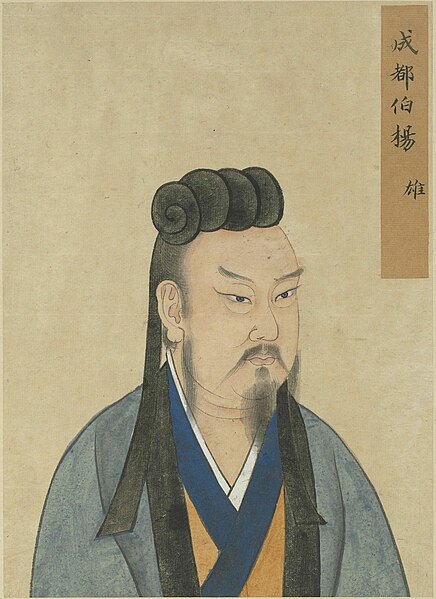Infinite photos and videos for every Wiki article ·
Find something interesting to watch in seconds
Largest Palaces
Kings of France
Celebrities
Animals
Crown Jewels
Great Cities
British Monarchs
Best Campuses
World Banknotes
Wars and Battles
Rare Coins
Ancient Marvels
Orders and Medals
Supercars
Largest Empires
Wonders of Nature
Great Museums
Richest US Counties
History by Country
Tallest Buildings
Recovered Treasures
Sports
Presidents
Great Artists
Famous Castles
Countries of the World
more top lists


